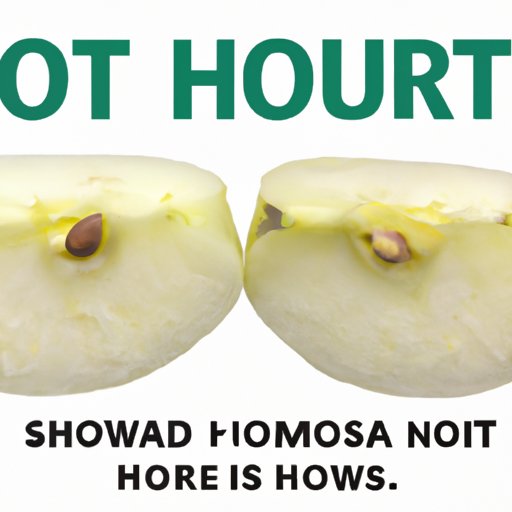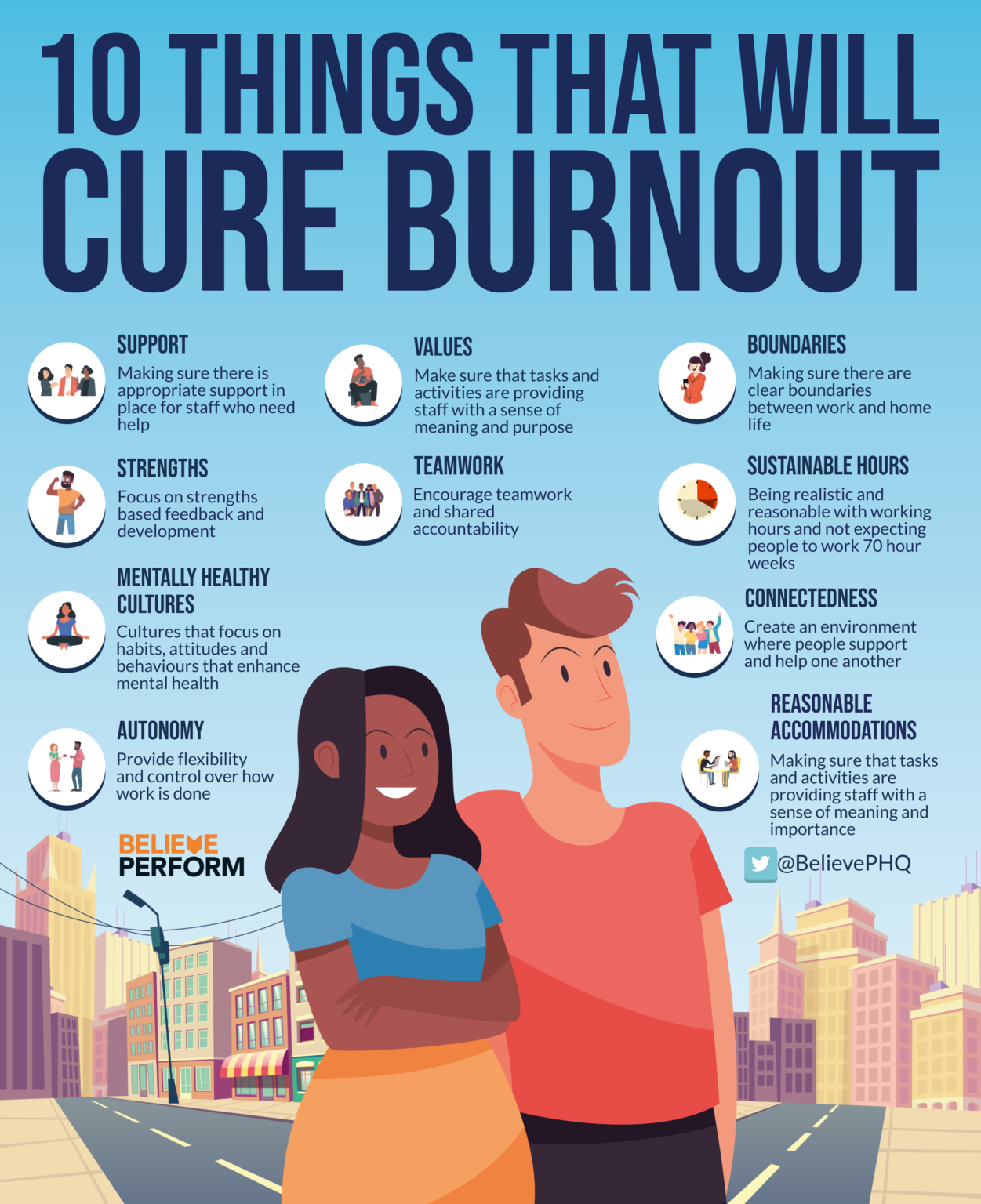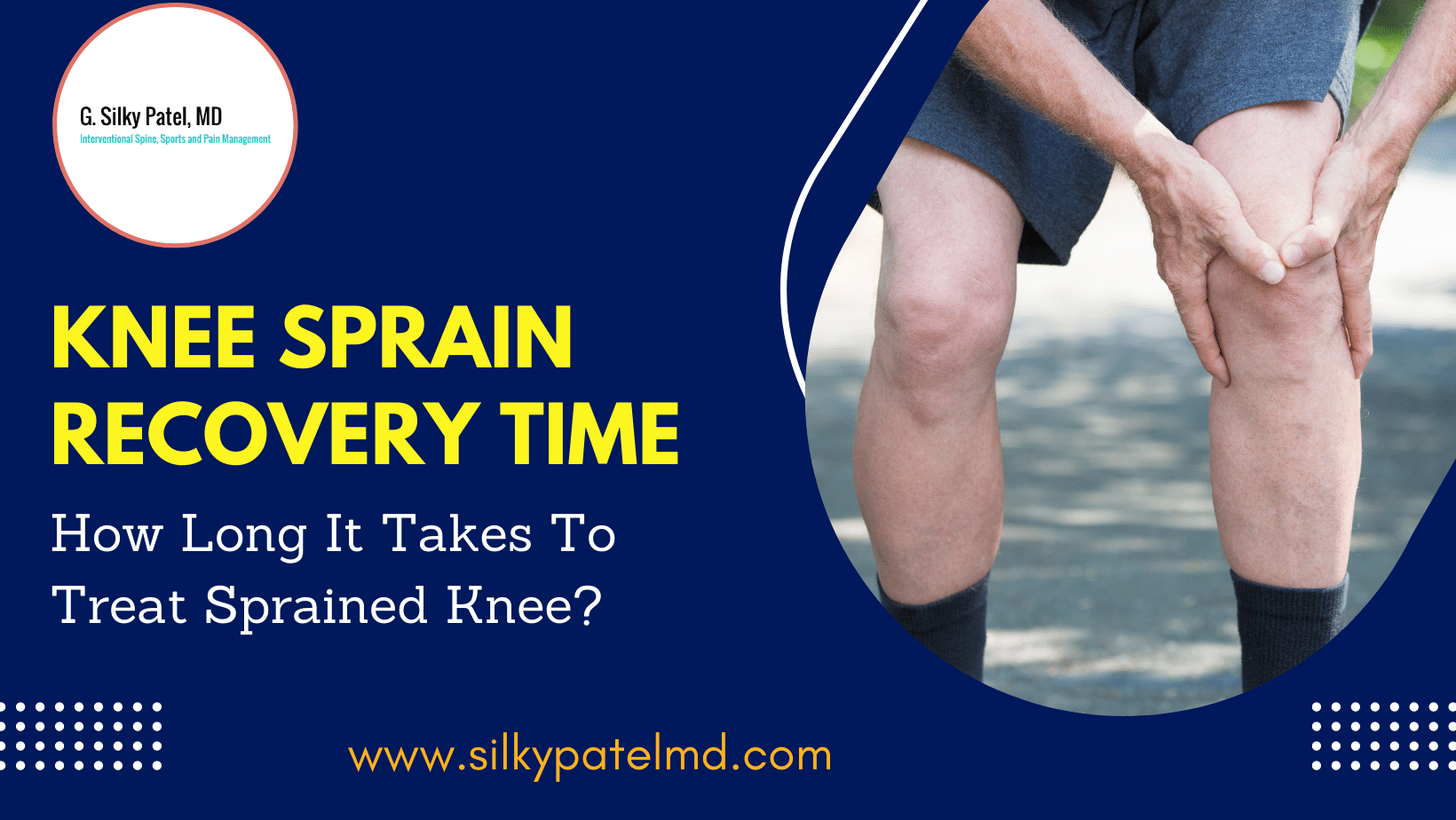7 Glycerin Tips To Heal Mouth Sores Faster

Mouth sores, also known as mouth ulcers or canker sores, can be a frustrating and painful experience for many individuals. These small, shallow lesions can appear inside the mouth, on the tongue, lips, or throat, and are often accompanied by a burning sensation, swelling, and redness. Fortunately, there are several remedies that can help alleviate the discomfort and promote healing. One such remedy is glycerin, a natural and versatile substance that has been used for centuries to treat various health issues, including mouth sores. Here are 7 glycerin tips to help heal mouth sores faster:
Understanding Mouth Sores
Before we dive into the benefits of glycerin, it’s essential to understand what causes mouth sores. These lesions can be triggered by a variety of factors, including stress, hormonal changes, vitamin deficiencies, and minor mouth injuries. In some cases, mouth sores can be a symptom of an underlying medical condition, such as celiac disease, inflammatory bowel disease, or a weakened immune system. If you experience recurring or persistent mouth sores, it’s crucial to consult with your healthcare provider to rule out any underlying conditions.
Glycerin’s Healing Properties
Glycerin, also known as glycerol, is a colorless, odorless, and syrupy liquid that is commonly used in pharmaceuticals, cosmetics, and food products. This natural humectant has several healing properties that make it an effective remedy for mouth sores:
- Moisturizing properties: Glycerin helps to lock in moisture, reducing dryness and irritation in the mouth.
- Soothing properties: Glycerin has a calming effect on the skin and mucous membranes, reducing pain and inflammation.
- Antimicrobial properties: Glycerin has been shown to exhibit antimicrobial activity, helping to prevent infection and promote healing.
7 Glycerin Tips to Heal Mouth Sores Faster
- Apply glycerin topically: Using a cotton swab, apply a small amount of glycerin directly to the mouth sore. Repeat this process 2-3 times a day to help reduce pain and inflammation.
- Mix with water: Dilute glycerin with water to create a soothing mouthwash. Swish the solution around your mouth for 30 seconds to 1 minute, then spit it out. Repeat this process 2-3 times a day.
- Add to your toothpaste: Mix a small amount of glycerin with your toothpaste to help reduce mouth sore discomfort while brushing your teeth.
- Use a glycerin-based mouthwash: Look for a mouthwash that contains glycerin as an active ingredient. These mouthwashes can help to reduce pain, inflammation, and infection.
- Apply glycerin to a cold compress: Soak a cold compress in a solution of glycerin and water, then apply it to the affected area. The cold temperature and glycerin can help to reduce pain and inflammation.
- Use glycerin in combination with other remedies: Glycerin can be used in combination with other natural remedies, such as aloe vera, tea tree oil, or honey, to enhance its healing properties.
- Take glycerin orally: In some cases, taking glycerin orally can help to promote healing from the inside out. However, it’s essential to consult with your healthcare provider before taking glycerin orally, as it can have gastrointestinal side effects in large quantities.
Additional Tips for Managing Mouth Sores
While glycerin can be an effective remedy for mouth sores, there are several other tips that can help to manage discomfort and promote healing:
- Practice good oral hygiene: Brush and floss your teeth regularly to prevent bacterial buildup and infection.
- Avoid spicy or acidic foods: These types of foods can irritate mouth sores and prolong healing time.
- Stay hydrated: Drinking plenty of water can help to keep your mouth moist and promote healing.
- Avoid smoking: Smoking can dry out the mouth and reduce blood flow, which can prolong healing time.
- Manage stress: High stress levels can trigger mouth sores. Practice stress-reducing techniques, such as meditation or deep breathing, to help manage stress.
Conclusion
Glycerin is a natural and effective remedy for mouth sores, offering a range of healing properties that can help to reduce pain, inflammation, and infection. By following these 7 glycerin tips and practicing good oral hygiene, you can help to promote healing and reduce the discomfort associated with mouth sores. Remember to consult with your healthcare provider if you experience recurring or persistent mouth sores, as they may be a symptom of an underlying medical condition.

